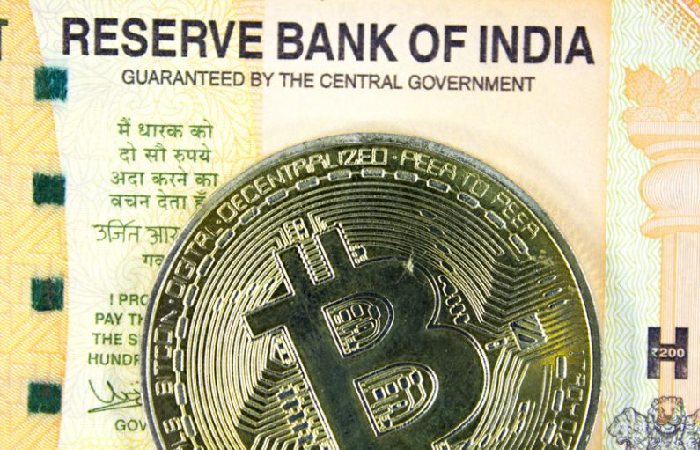Table of Contents
Introduction
The Indian finance sector has undergone a significant transformation in recent years, with new technology and regulatory changes. One of the most significant changes has been the rise of digital currencies, such as Bitcoin. For more details visit here.
Bitcoin is a decentralized digital currency that can use for online payments. aIt is not controlled by any central authority, making it a potentially disruptive force in the financial sector.
Effects of bitcoin on the Indian finance sector

In India, Bitcoin has been gaining popularity, with several businesses accepting it as a form of payment. The Indian government has also taken notice of the potential of digital currencies and is currently exploring their use.
The impact of Bitcoin on the Indian finance sector has been positive so far. It has helped create new opportunities for businesses and investors and made the sector more efficient. However, some challenges still need to address, such as the lack of regulation.
Overall, the effect of Bitcoin on the Indian finance sector has been positive.
Bitcoin is a decentralized digital currency that can use for online payments. Any central authority does not control it, making it a potentially disruptive force in the financial sector.
In India, Bitcoin has been gaining popularity, with several businesses accepting it as a form of payment. The Indian government has also taken notice of the potential of digital currencies and is currently exploring their use.
The impact of Bitcoin on the Indian finance sector has been positive so far. It has helped create new opportunities for businesses and investors and made the sector more efficient.
Positive effects of Bitcoin on the Indian Finance sector
- The Bitcoin system has several advantages that make it well suited for the Indian finance sector. First, Bitcoin is decentralized, meaning there is no single point of control or authority.
- It makes it resistant to government interference or manipulation and ensures that transactions are verified by the network rather than by a central authority.
- And also, It is fast and efficient, confirming transactions within minutes.
- It is secure, with state-of-the-art cryptography ensuring that funds are safe from theft or fraud.
- Moreover, it is growing in popularity and acceptance, with more and more businesses and individuals beginning to use Bitcoin as a payment method.
- The positive effects of Bitcoin on the Indian finance sector are already beginning to be felt.
- For example, the number of Bitcoin-based startups in India has grown significantly in recent years, and the country is now home to one of the world’s largest Bitcoin exchanges.
- In addition, major Indian retailers such as Flipkart and Amazon have started accepting Bitcoin as a payment method.
Adverse effects of Bitcoin on the Indian finance sector
- The decentralized nature of Bitcoin means that it is not subject to the control of any central authority, making it a perfect tool for criminals and those engaged in illegal activities.
- In addition, the anonymity associated with Bitcoin transactions makes it very difficult to trace the source of funds, making it an attractive option for money laundering and other illicit activities.
- In addition, the volatile nature of Bitcoin prices makes it a risky investment, and the lack of regulation means that there is no protection for investors. All of these factors have negative implications for the Indian finance sector.
- The government has expressed concerns about the potential impact of Bitcoin on the country’s economy and has taken steps to try to regulate the currency.
- In December 2013, the Reserve Bank of India issued a warning to the public about the risks associated with Bitcoin.
- The RBI has not banned Bitcoin but has cautioned users about the risks involved in using the currency.
- Despite the caution from the RBI, several businesses in India accept Bitcoin as a payment method. These businesses include online retailers, hotels, and even some restaurants.
- However, the use of Bitcoin in India is still in its early stages, and it remains to be seen how the currency will develop in the future.
Conclusion
Bitcoin will have a profound impact on the Indian finance sector. It has the potential to revolutionize how financial transactions conduct in India. Several aspects of the finance sector can affect by bitcoin, including banking, payments, and remittances. Banking can transform by bitcoin due to its ability to reduce costs and increase transparency.
Moreover, payments can more efficient with bitcoin. Often slow and expensive, remittances a made much faster and cheaper with bitcoin. These factors could lead to India’s more efficient and effective financial sector.
The impact of Bitcoin on the Indian finance sector is likely to grow. As more people become aware of bitcoin and its potential, we can see more adoption of this technology in India. It could lead to a more efficient and effective financial sector in India, benefiting everyone.
